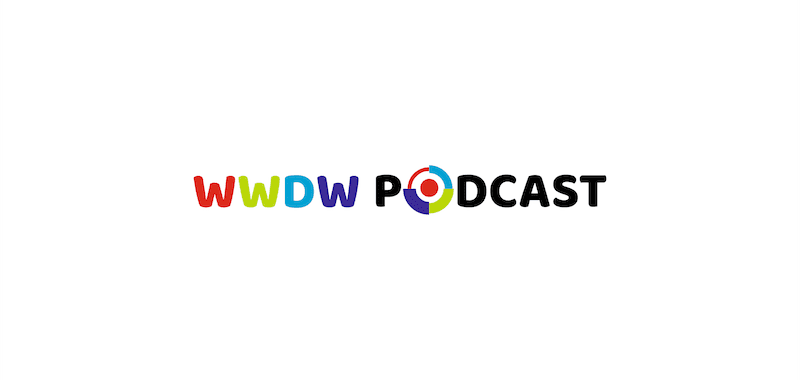Eli Lilly on Tuesday reported first-quarter adjusted profit that topped Wall Street’s expectations and hiked its full-year guidance on strong sales of its blockbuster diabetes drug Mounjaro and newly launched weight loss treatment Zepbound.
The drugmaker now expects full-year adjusted earnings of $13.50 to $14.00 per share, up from a previous guidance of $12.20 to $12.70 per share. Eli Lilly also expects revenue for the year to come in between $42.4 billion and $43.6 billion, an increase of $2 billion at either end of the range.
Analysts surveyed by LSEG expected full-year adjusted earnings of $12.50 per share and sales of $41.44 billion.
The results and guidance raise reflect Zepbound’s first full quarter on the U.S. market after winning approval from regulators in early November. The drug reported $517.4 million in sales for the first quarter, even as most doses of the drug slipped into shortages in the U.S. that are expected to last through June.
Analysts say the weekly injection could post more than a billion dollars in sales in its first year on the market and potentially become the biggest drug of all time.
Here’s what Eli Lilly reported for the first quarter compared with what Wall Street was expecting, based on a survey of analysts by LSEG:
- Earnings per share: $2.58 adjusted vs. $2.46 expected
- Revenue: $8.77 billion vs. $8.92 billion expected
Eli Lilly posted a net income of $2.24 billion, or $2.48 a share, for the first quarter. That compares with a profit of $1.34 billion, or $1.49 a share, a year earlier.
Excluding one-time items associated with the value of intangible assets, among other adjustments, the company posted a per-share profit of $2.58 for the first quarter of 2024.
The pharmaceutical giant booked first-quarter revenue of $8.77 billion, up 26% year over year.
In February, Eli Lilly said it expects revenue growth to accelerate in the second half of the year, which will be consistent with the increased availability of incretin drug doses. Incretin drugs are treatments such as Mounjaro and Zepbound, which mimic hormones produced in the gut to suppress a person’s appetite and regulate their blood sugar.
Shares of Eli Lilly jumped almost 8% in premarket trading Tuesday. They’re up 26% this year after jumping almost 60% in 2023 due to the insatiable demand for the company’s weight loss and diabetes drugs. That’s despite their hefty price tags, spotty insurance coverage and intermittent supply shortages.
With a market cap of about $700 billion, Eli Lilly is the largest pharmaceutical company based in the U.S.
Mounjaro, Trulicity miss
Both of the company’s top-selling diabetes drugs missed Wall Street’s expectations for the first quarter.
Mounjaro brought in $1.81 billion in revenue in the first quarter, more than triple the $568.5 million it booked during the year-earlier period. However, analysts were expecting sales of $2.11 billion, according to StreetAccount.
Eli Lilly said higher prices for Mounjaro helped drive up revenue, specifically citing decreased use of savings card programs for the drug in the U.S.
But the company said those savings card dynamics should “cease to have a notable effect on realized price comparisons” because the $25 monthly coupon for patients who don’t have insurance coverage for Mounjaro expired in June.
Meanwhile, sales of Eli Lilly’s older diabetes drug Trulicity plummeted 26% during the first quarter to $1.46 billion. That’s lower than the $1.59 billion that analysts were expecting, according to StreetAccount.
In the U.S., declining sales were primarily due to supply constraints and competition with other diabetes treatments, according to Eli Lilly. Revenue outside the U.S. also decreased, driven by lower demand and realized prices, as well as tight supply.
This story is developing. Please check back for updates.

